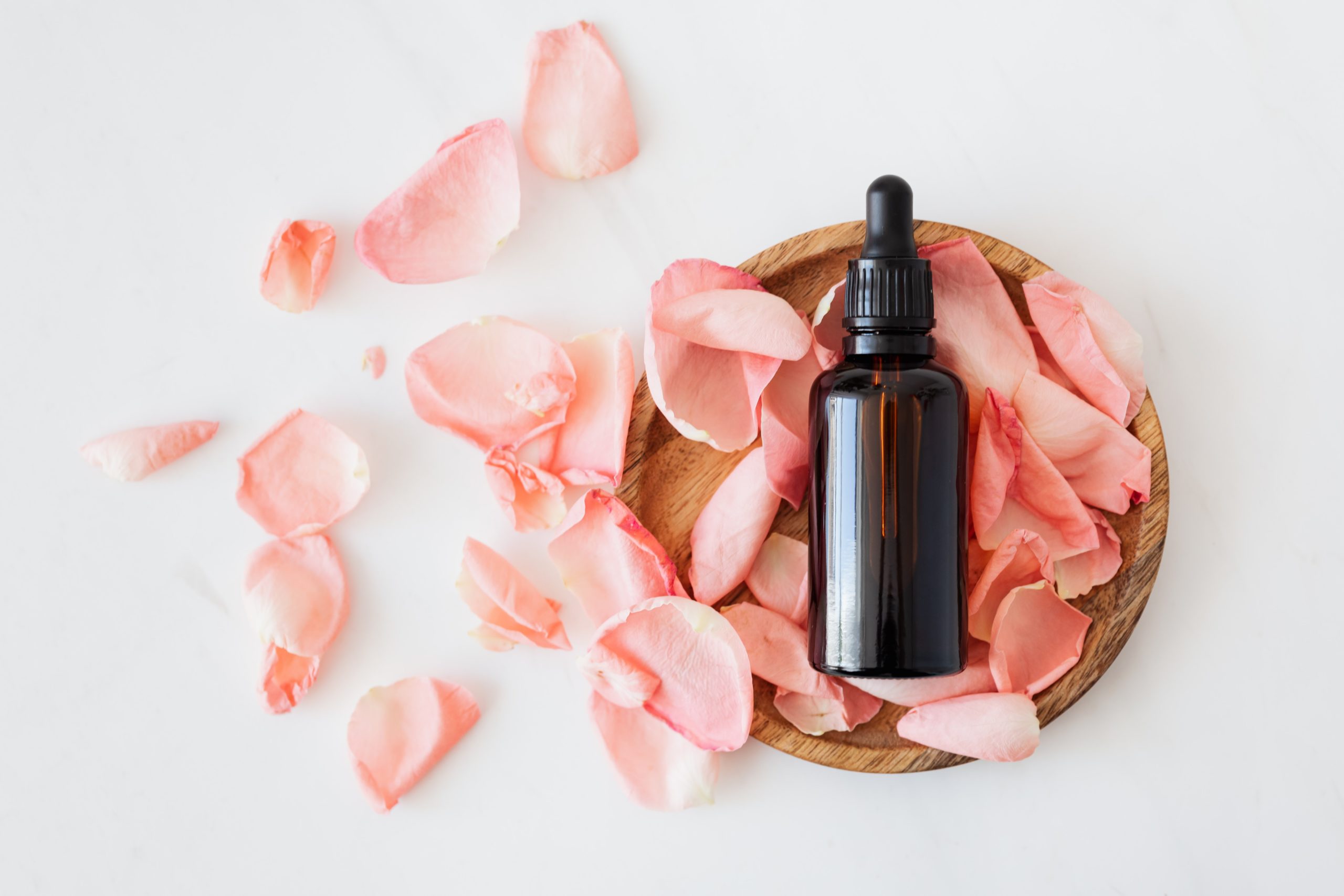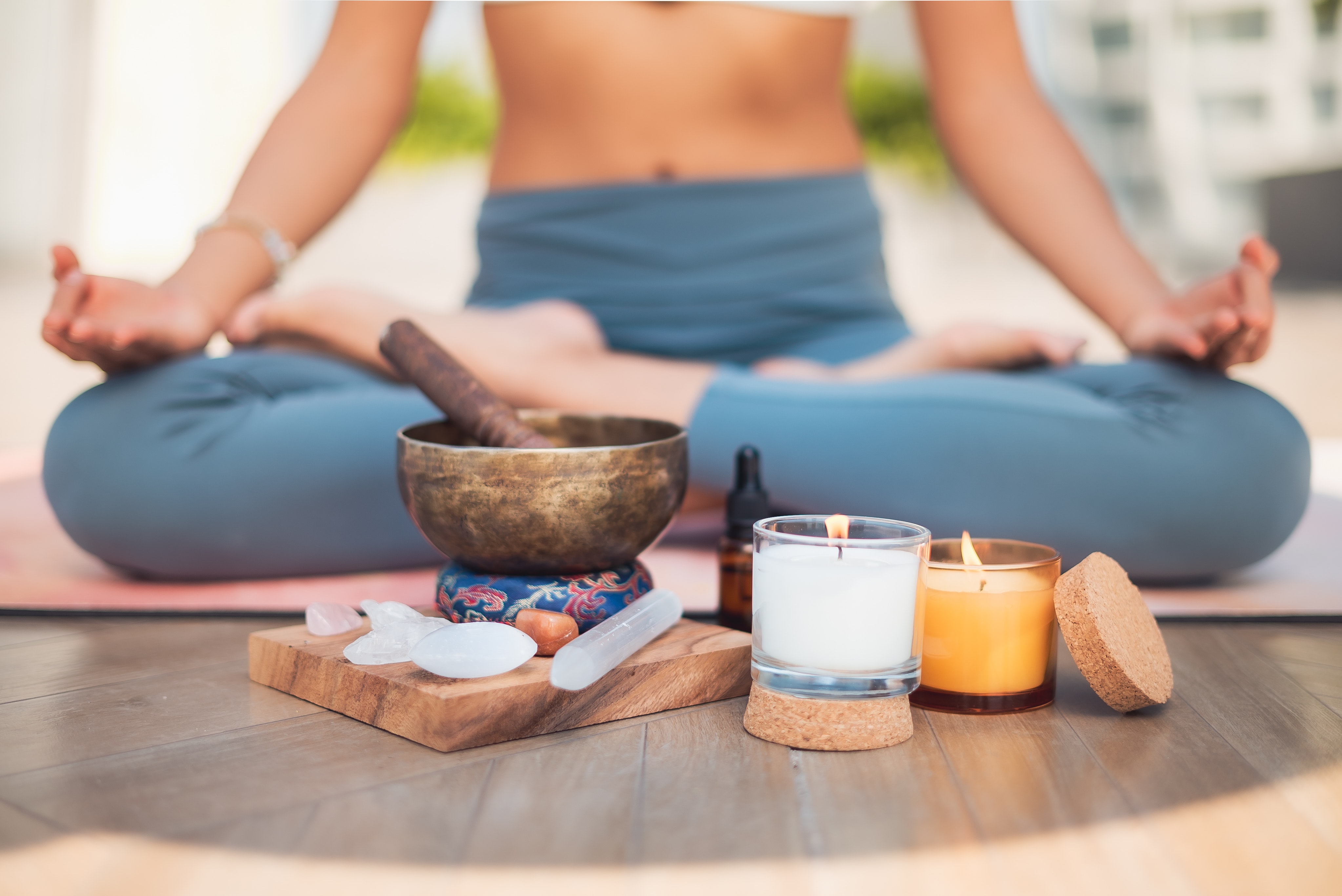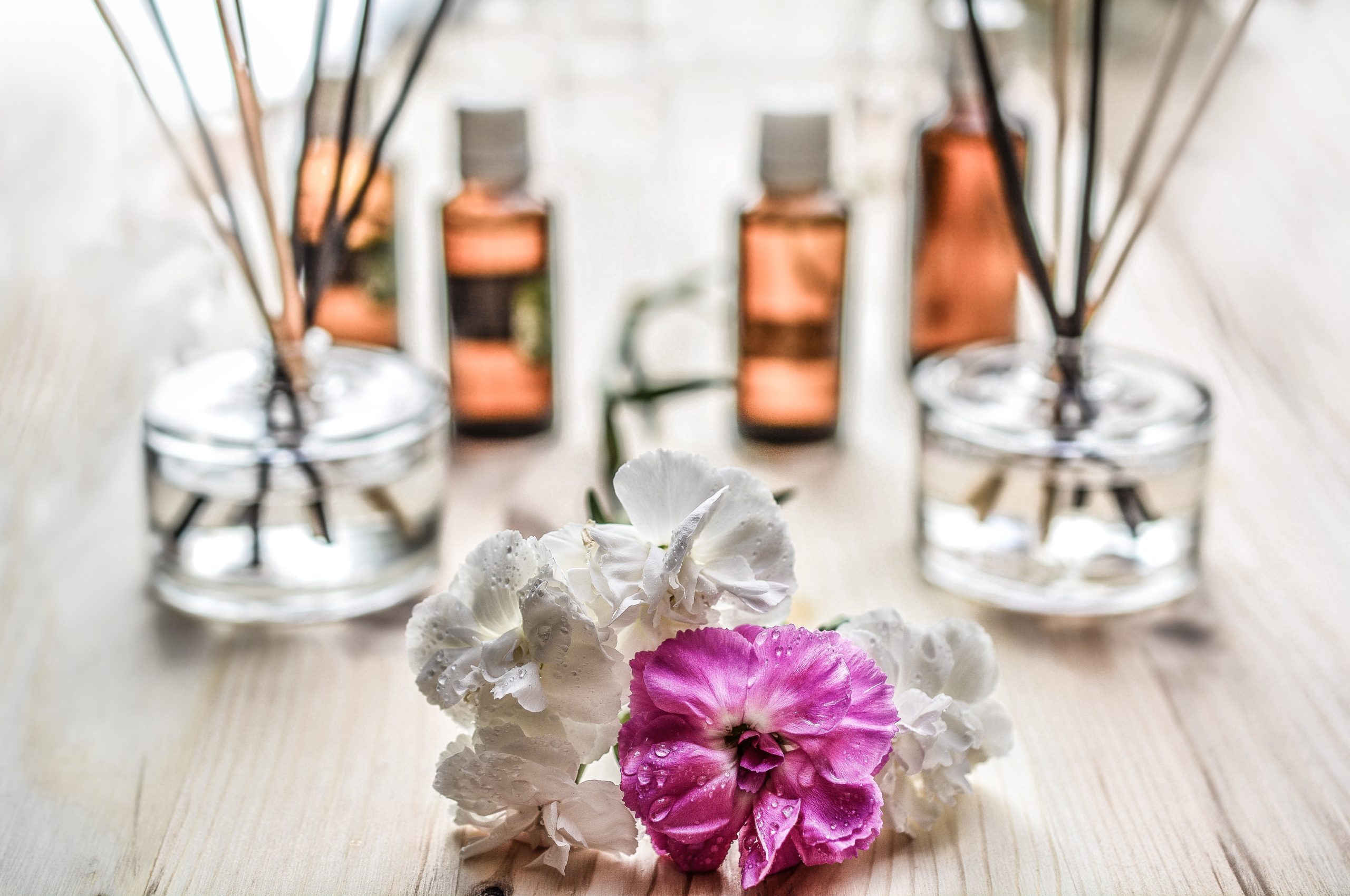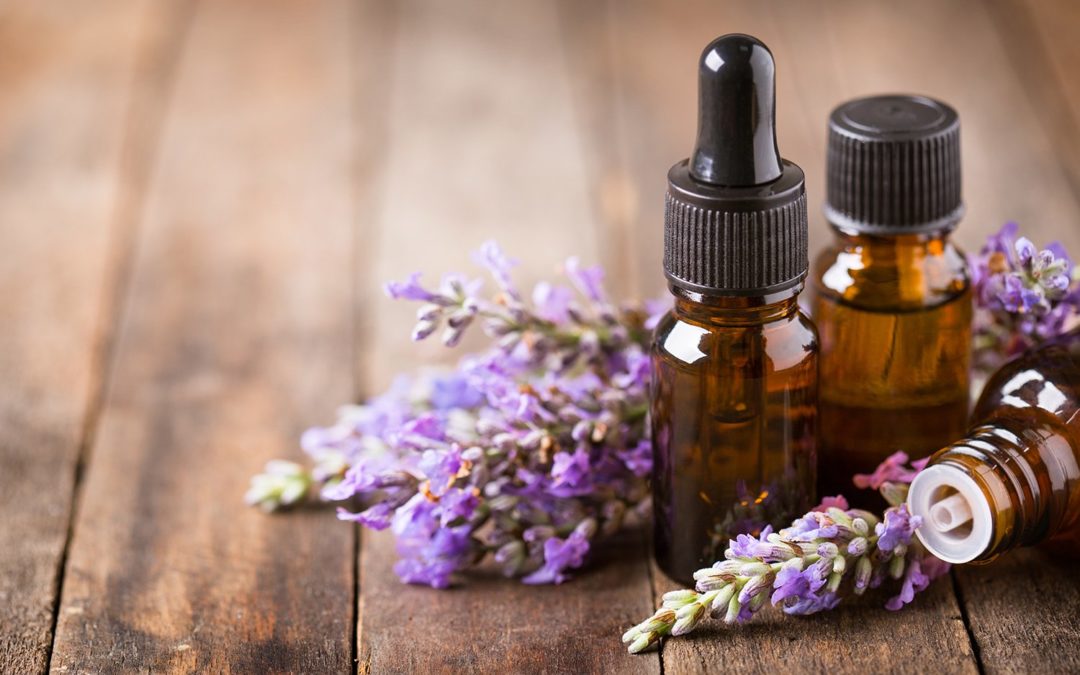When it comes to health and wellness, one trend has been in the air for the past twenty years. Chances are, you’ve already caught a whiff of aromatherapy, an alternative healthcare treatment believed to cure an array of modern illnesses.
Name it, it’s got something for it. Stress, anxiety, insomnia, clogged nose, fatigue, low libido, infertility. The Internet, an aromatherapist, or a Young Living marketing representative has probably recommended one or two essential oils for you to try.
But despite its growing popularity, is there any truth to all the raves aromatherapy has been getting? Or is it all a lifestyle hype?
What is aromatherapy, and does it really work?
Aromatherapy: from ancient to modern times

While it may at first seem that aromatherapy is a 20th century discovery, it has actually existed for thousands of years.
Ancient cultures in China, India and Egypt have incorporated aromatic plants in their resins, balms, and oils, using natural substances for medicinal and religious purposes.
Come 19th century, however, chemical drugs became the foundation of modern medicine, and herbal medicine became the stuff of old wives tales.
But the practice of using plants and natural oils never waned. In 1937, the concept of aromatherapy was coined by French perfumer and chemist, René-Maurice Gattefossé. In his book, he praised lavender and its healing potential in treating burns. He enthused that essential oils can be used in treating other health conditions.
Today, aromatherapy is hailed as an alternative treatment, a therapy consisting of essential oils that promises a host of health benefits and an improved well-being.

In essence, aromatherapy or essential oil therapy, uses natural plant extracts to promote health.
The essential oils are extracted from flower, herb, tree parts like bark, roots, peels and petals, through a distillation process. The cells that give a plant its fragrant smell are its “essence.”
It takes a lot to extract an essence. For example, it takes more than 200 pounds of lavender flowers to make 1 pound of lavender essential oil, and around 250 pounds of mint leaves to create a pound of peppermint essential oil.
To preserve the strength of the chemicals, the oils are typically mixed with alcohol, to strengthen its antioxidant and medicinal properties, while some aren’t blended with other chemicals and fragrances. These are called true essential oils.

With the vials of essential oils in your hands, here’s how you can apply aromatherapy:
Inhalation – The simplest easiest method is to open the vial or bottle, and inhale deeply a few times (don’t let the oil touch your skin.) Another method is the “steam method.” To do this, place a bowl of hot water and add a few drops of the essential oil. Place a towel over your head and the bowl and inhale for several minutes.
Diffuser – With a diffuser, you will be dispersing essential oils into the air. There are many diffusers out there for you to choose from – ceramic, electric, candle, lamp rings, reed diffuser, and ultrasonic diffusers. Which to buy? Read more about the several types of essential oil diffusers here: READ MORE.
Dry evaporation – This method is relatively simple too. It involves adding a few drops (one to two) on any dry surface, such as a cotton ball, a fabric, a pillow case, or a shirt collar. Hold this to your nose and inhale until the scent disperses naturally.
Directly on your skin – This one’s the trickiest. Some true and pure essential are dangerous to put directly on your skin, as you might have allergies. To be safe, read the directions carefully on the bottle. But if the essential oil contains a carrier ingredient, or if you can combine it with a carrier oil, it would be safe to apply on your skin. You can do this through a massage courtesy of your trusted therapist, or as simple as gently rubbing the oil onto pressure points, such as temples and wrists. A lot of wellness product lines mix essential oils into their toners, serums, rollers, and muscle rubs, too.
When inhaled, aromatherapy works by stimulating the smell receptors in the nose. The scent molecules travel from the olfactory nerves directly to the brain and especially impact the amygdala, the emotional center of the brain.
Despite its popularity, there hasn’t been much evidence-backed and scientific research done to prove the medicinal benefits of aromatherapy. Essential oils cannot be called drugs or medicines.
Medical practitioners have given it a blessing, for as long as it’s used safely, taking a “no harm, no foul” stance. If it’s harmless, then what have you got to lose?
Instead, aromatherapy is something that wellness experts advocate as a form of alternative therapy, mainly against stress, anxiety, and insomnia.
As more and more people embrace and swear by aromatherapy’s benefits, here are some of the reasons why you should give aromatherapy a try:
– Treats insomnia
– Reduces stress, anxiety and agitation
– Treats migraines and headaches
– improves mood and relaxes the mind
– Improves digestion
– Soothes sore joints
– Alleviates side effects of chemotherapy, like nausea and pain.
– Fights bacteria, virus, and fungus
– Boosts Immunity
Consider aromatherapy for its anti-inflammatory, antioxidant, and antibacterial properties. Whether or not science has backed it, there’s no harm in trying something that can make you feel good, inside and out.
Conclusion
Fragrant, relaxing and natural. Aromatherapy sure ticks off all the boxes, making it a popular lifestyle habit among many men and women (and hey, Gwyneth Paltrow swears by it, and even built an entire business empire out of it!)
Judging by the look (and smell!) of things, aromatherapy is here to stay. No longer as a trend, or a fixture in salons, fitness studios, juice bars, and home stores, but as a home remedy every wellness buff is sure to enjoy, one whiff at a time.
Tags




0 Comments
Trackbacks/Pingbacks